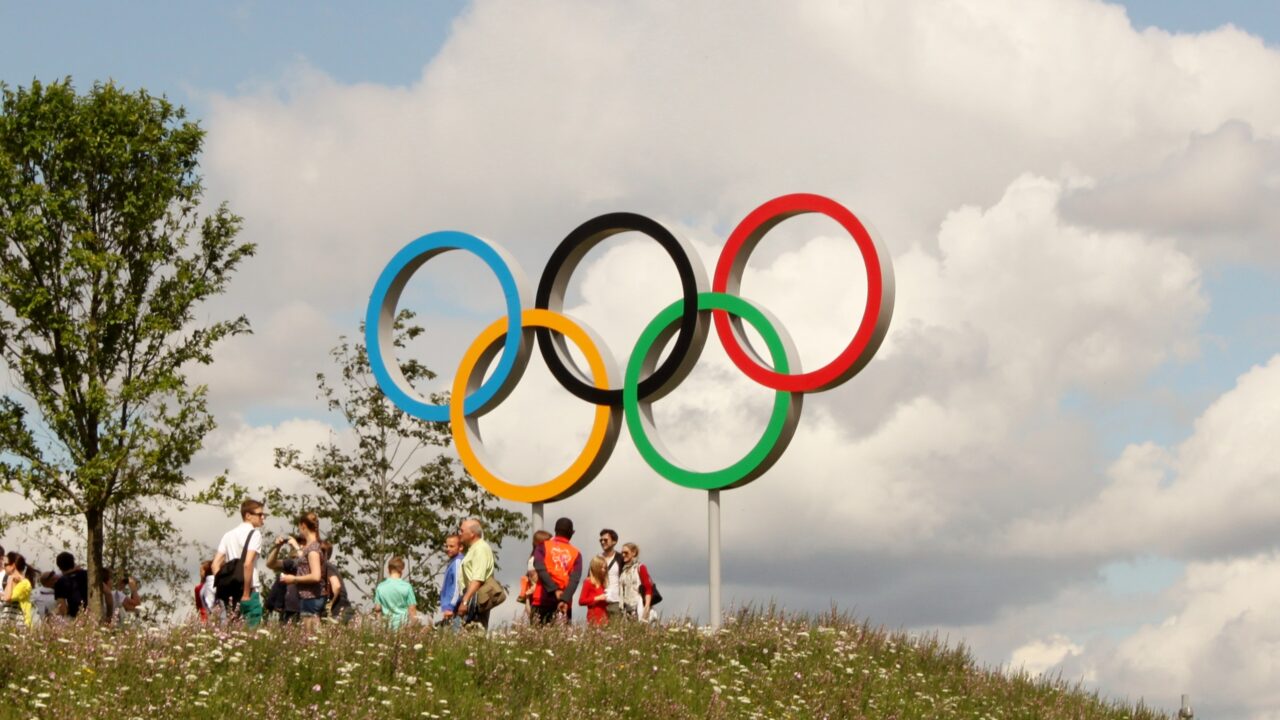Olympic overreach: Foreign policy lessons for cleaning up international sport
Like all international organisations, major sporting bodies depend on their member states’ support – and willingness to still be in the club
The Tokyo Olympics are taking place during a local state of emergency, a wave of covid-19 cases among Olympics staff and athletes, and in the face of massive public backlash from Japanese citizens. But, even divorced from the pandemic, the Olympics have been in a state of near-permanent crisis for decades; countries have bought votes for bids, the International Olympic Committee (IOC) has failed to clamp down on doping, and operating costs for host cities have ballooned.
Rising costs have already made most democratic states wary of submitting bids. For many cities, the prospect of hosting the Olympics is limited by the increase in medal events and the infrastructure needed to support them. Since 1972 the number of athletes competing has grown from around 7,000 to over 11,000, and there are now 339 events where once there were just 121. Host cities today need to have facilities for rowing, gymnastics, and swimming, but also for surfing, rock climbing, skateboarding, and even 3v3 basketball. Countries have to build entire Olympic villages to accommodate athletes competing in one or two events, book hotel rooms for around 40,000 journalists, and deal with the environmental impacts, strain on local services, and disruption to everyday life that comes with building enormous stadiums designed to host two weeks’ worth of events, often before eventually lying vacant and decrepit once the games leave.
Yet, while hosting the Olympics has become an ever less enticing prospect, the IOC itself has only grown richer and further out of touch. Current IOC president Thomas Bach dismissed opposition to the Olympics as coming only from anti-establishment voices and caused by “a lack of open-minded discussion, because many people are just living in their echo-chambers which only confirm their opinion and prejudices”. His claim that cancelling the games due to the pandemic was “never an option” further inflamed opposition to the games in an already-sceptical Japan.
Corruption, overexpansion, and tone-deaf officials are unfortunately not unique to the Olympics. The European football championship has grown from four teams in 1960 to twenty-four in 2016
The treatment of Japan by the IOC will only have compounded resistance to hosting bids in democratic states. Local referendums have already led cities such as Hamburg and Vienna to retract their bids for summer games; Krakow, Quebec, and Bern retracted their bids for winter games. Even the threat of referendums prompted Budapest and Boston to withdraw from the process. While bidding for the 2022 Winter Olympics, four European cities dropped out in the face of public opposition and lack of government support, leaving only Beijing and Almaty – both cities in repressive dictatorships not beholden to an electorate.
Corruption, overexpansion, and tone-deaf officials are unfortunately not unique to the Olympics. The European football championship has grown almost exponentially, from four teams in 1960, to eight teams in 1980, to sixteen in 1996, and to twenty-four in 2016. FIFA, meanwhile, has found time between dealing with ongoing bribery scandals to expand the football World Cup to a colossal 48 teams. In 2022 the World Cup will be held in Qatar, a nation that has never qualified for the competition and where the construction of stadiums in a desert has resulted in the deaths of dozens of migrant workers.
Half-hearted attempts to reform bidding and hosting processes are an attempt to mask what these organisations truly are: unregulated monopolies with billions of euros’ worth in assets. Each of these bodies has a common incentive for further growth – of matches, teams, and events – to sustain huge television revenues. When it comes time to foot the bill for the environmental, social, or political costs that come with these events, the organisers have already moved on to the next competition. If there are still petrostates, dictatorships, and a small number of rich democracies that are still willing to host these competitions, then these incentives remain.
Democratic states invest enormous amounts of money to sustain the sports and teams necessary to make these events successful and should be able to expect that they would at least have a chance of hosting one of these competitions in the future. The vested interests and webs of corruption in these international sporting bodies may seem impossible to overcome, but their power is hollow. In dealing with them, democratic states should look to draw inspiration from foreign policy more broadly. As with other international institutions, without buy-in from states, international sporting bodies will struggle to function. When such organisations fail in their core purpose – coordinating state actions – and overreach in their ambitions, they will inevitably receive pushback. This is not unknown to Europeans: in response to perceived overreach by the European Commission and a European Commission president who had taken to calling himself “prime minister of Europe”, France under Charles de Gaulle refused to take part in the Council of Ministers, brought the European Community to a halt, and severely limited the European Commission’s power for decades.
By withdrawing cooperation, issuing more direct instructions to national sporting federations, or even refusing to submit any bids until these competitions and their governance structures are reformed, democratic states can change the incentives at play. If faced with a situation where there are no bids for a competition, FIFA, UEFA, or the IOC will be forced to act for their own survival. To save these competitions from graft and their crisis of legitimacy, democratic states need to save them from their own organising bodies.
The European Council on Foreign Relations does not take collective positions. ECFR publications only represent the views of their individual authors.




